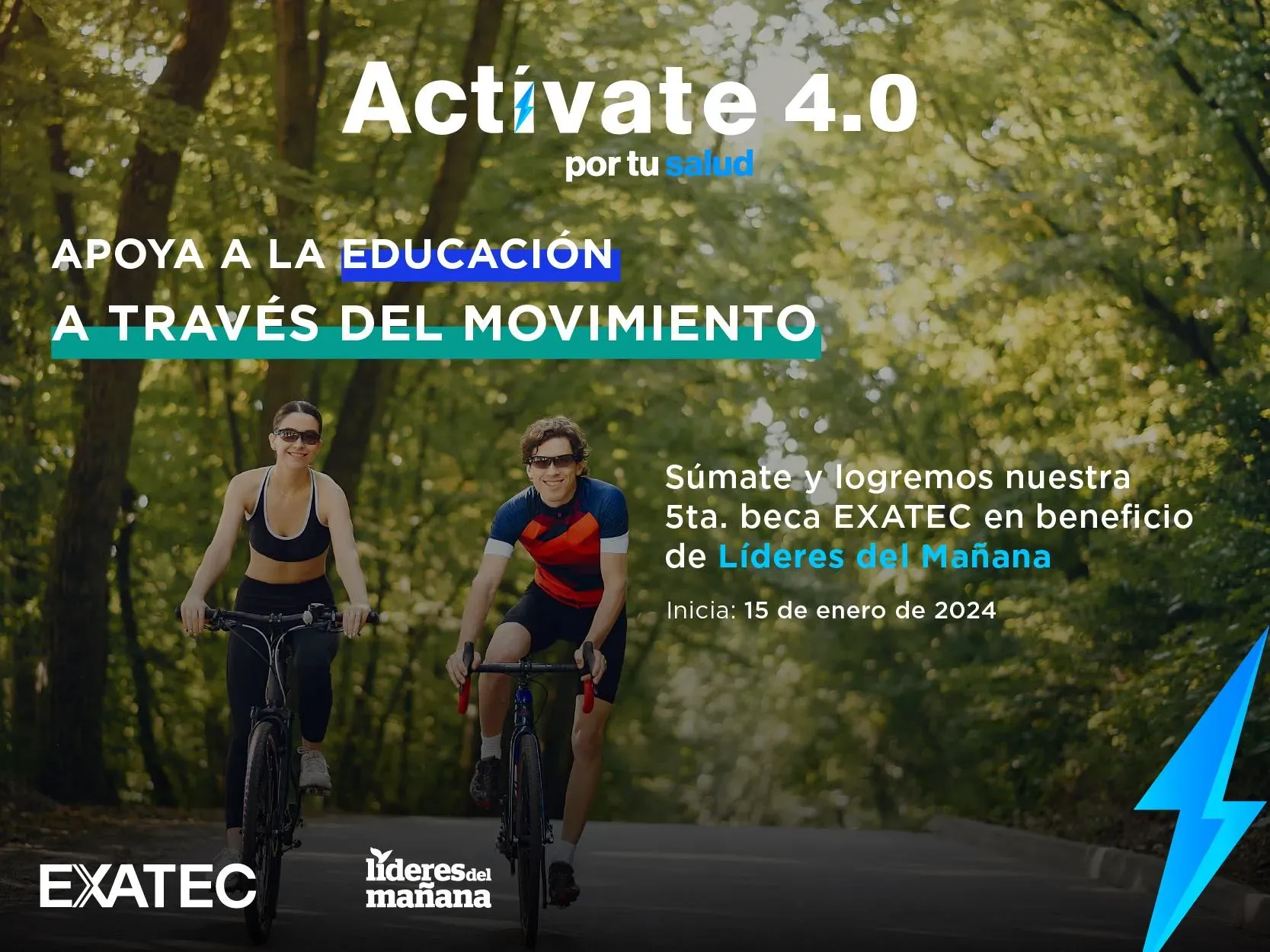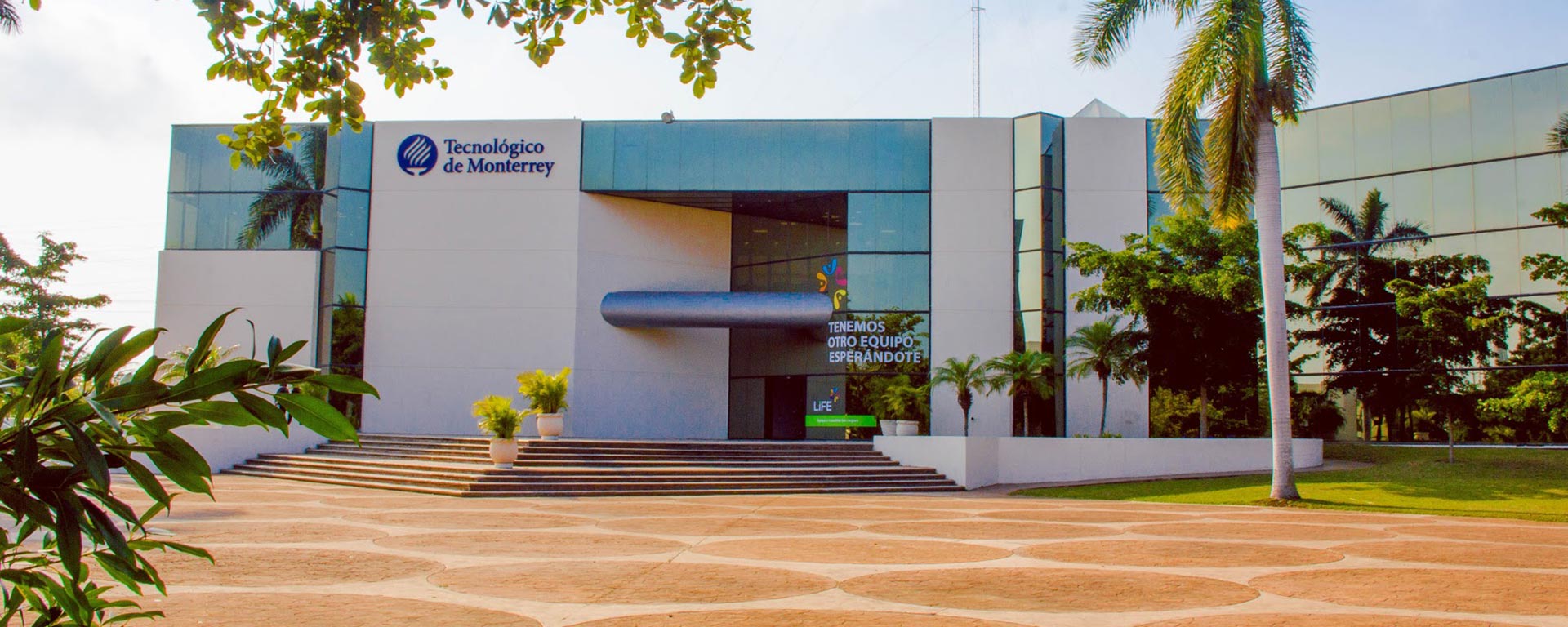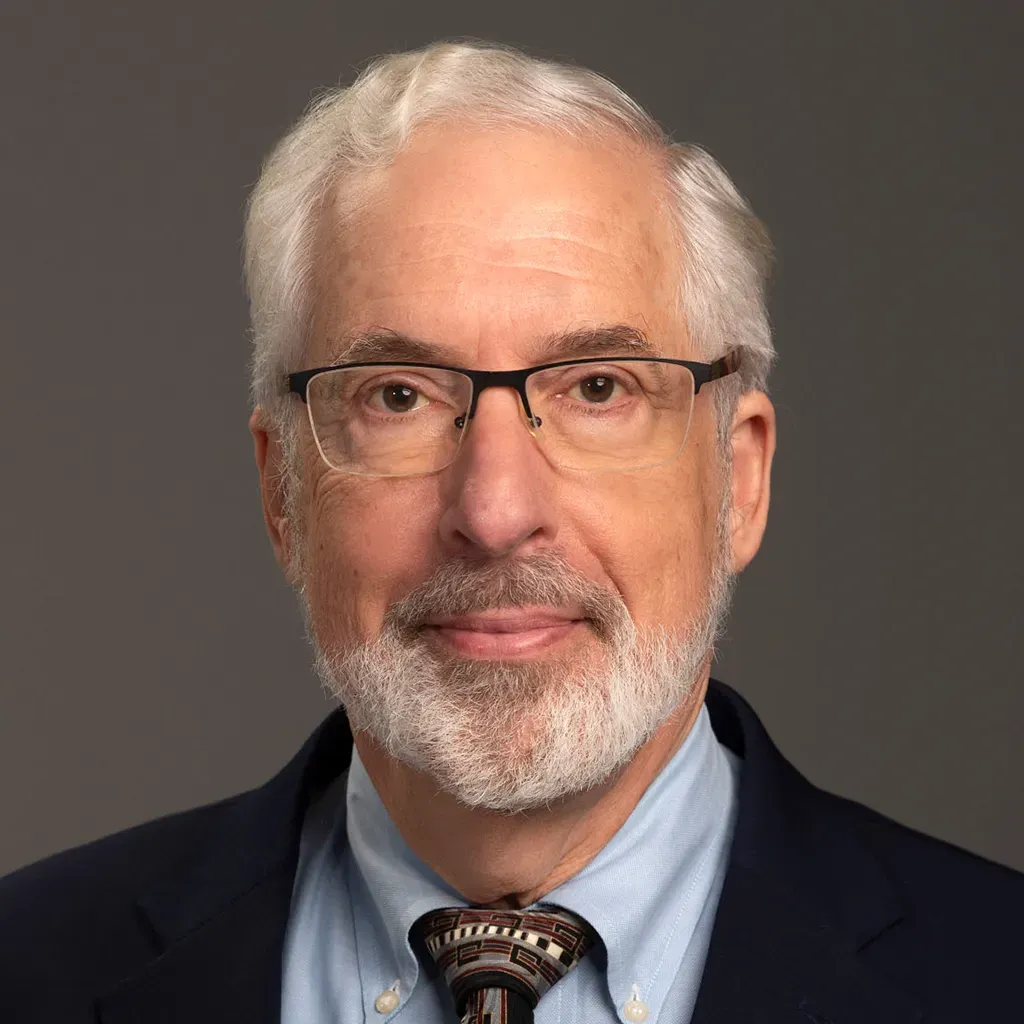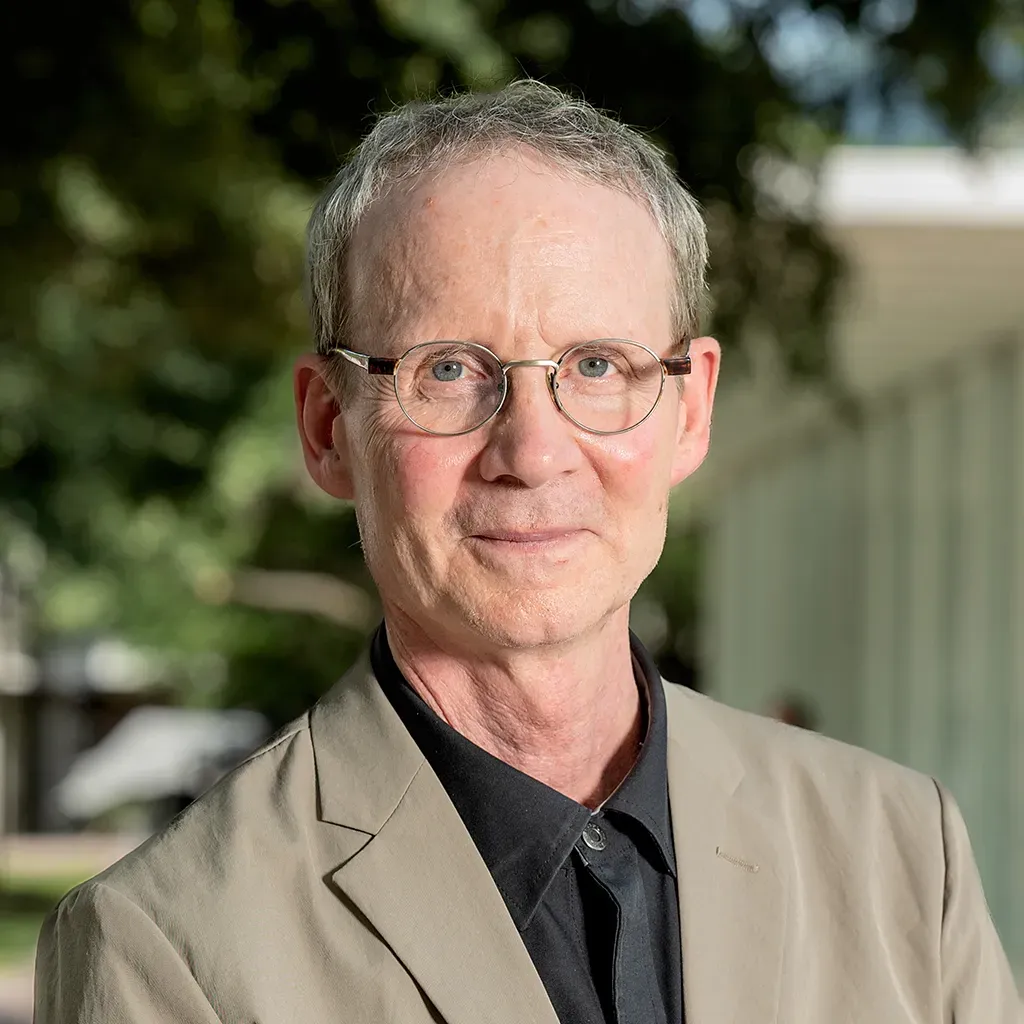Dr. Peter Hayward Jones is a Distinguished Professor in Systemic Design at Tecnológico de Monterrey’s Mexico City Campus. He also holds an appointment as an associate professor at OCAD University in Toronto, Canada, and advises on graduate research. He teaches systemic design and mixed-methods research for complex systems, including healthcare, information services, and public sector governance.
Peter Jones is a cofounder and board member of the Systemic Design Association (SDA) and editor-in-chief of Contexts – The Systemic Design Journal. He is also a co-founder and academic director of the Flourishing Enterprise Institute, a research group that studies systemic management innovations for sustainability strategy (flourishing economics) and strategic planning in complexity.
Dr. Jones specializes in tools for thinking, collaboration, and professional practice as a system designer. His work includes custom software for cognitive tasks, human-computer teaming in simulations, and user experience design for online platforms in fields such as science, law, and healthcare.
His research focuses on systemic design in complex areas like healthcare and strategic management. He is a leading scholar in dialogic design and collaborative foresight for strategic design planning for future challenges. He is also recognized for his contributions to systemic service design, flourishing cultures, and organizational learning and innovation.
Peter Jones joined Tecnológico de Monterrey as a Distinguished Professor in Systemic Design for the School of Architecture, Art and Design.




